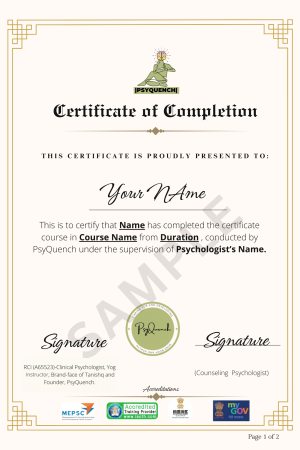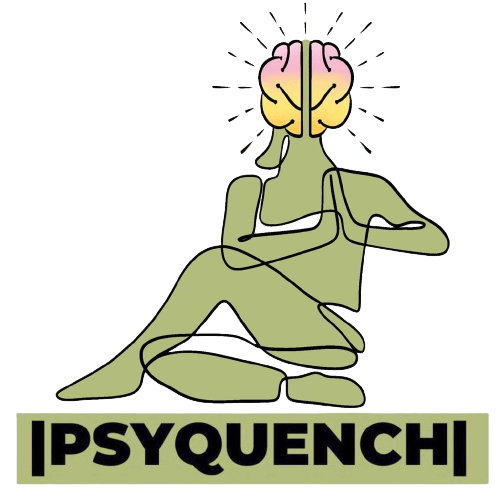Description
Are you ready to make a meaningful impact and potentially save lives?
Join our Suicide Prevention Course and equip yourself with the knowledge and skills needed to navigate this critical field with confidence and compassion.
Don't miss this opportunity to become a beacon of hope in your community. Enroll now and join us in creating a world where everyone feels valued and supported.
PROCESS OF REGISTRATION

DETAILS OF THE PROGRAM
| Module 1: Orientation to Suicide Decoding the terms self-harm, suicidal ideation and suicidial Suicide Warning Signs and At-Risk Behaviours Myths and Misconception towards Suicide Experiential Activity: Discussion based activity and case scenario activities |
| Module 2: Theories and Assessment Theories Explaining Suicidal Behaviours Risk Assessment for Suicidal Behaviours Experiential Activity: Reflective Activity and Case Scenario Practice |
| Module 3: Managing Risk The Line of Navigating Confidentiality Managing Risk: Question, Persuade and Refer Building Network and Social Support Dos and Don'ts with Clients Experiential Activity: Case Scenario Role-Play |
| Module 4: Beyond the Session Knowledge on Ethical and Legal Requirement Self-Care for Professional Experiential Activity: Creation of Action Plan |
KNOW YOUR TRAINER

SAMPLE CERTIFICATE



 Time- 6-7pm (IST)
Time- 6-7pm (IST) Duration- 1 months (Mon-Wed-Fri)
Duration- 1 months (Mon-Wed-Fri) Starts- 10th June- 8th July
Starts- 10th June- 8th July Perks –
Perks – Access to recording for 1 month
Access to recording for 1 month





